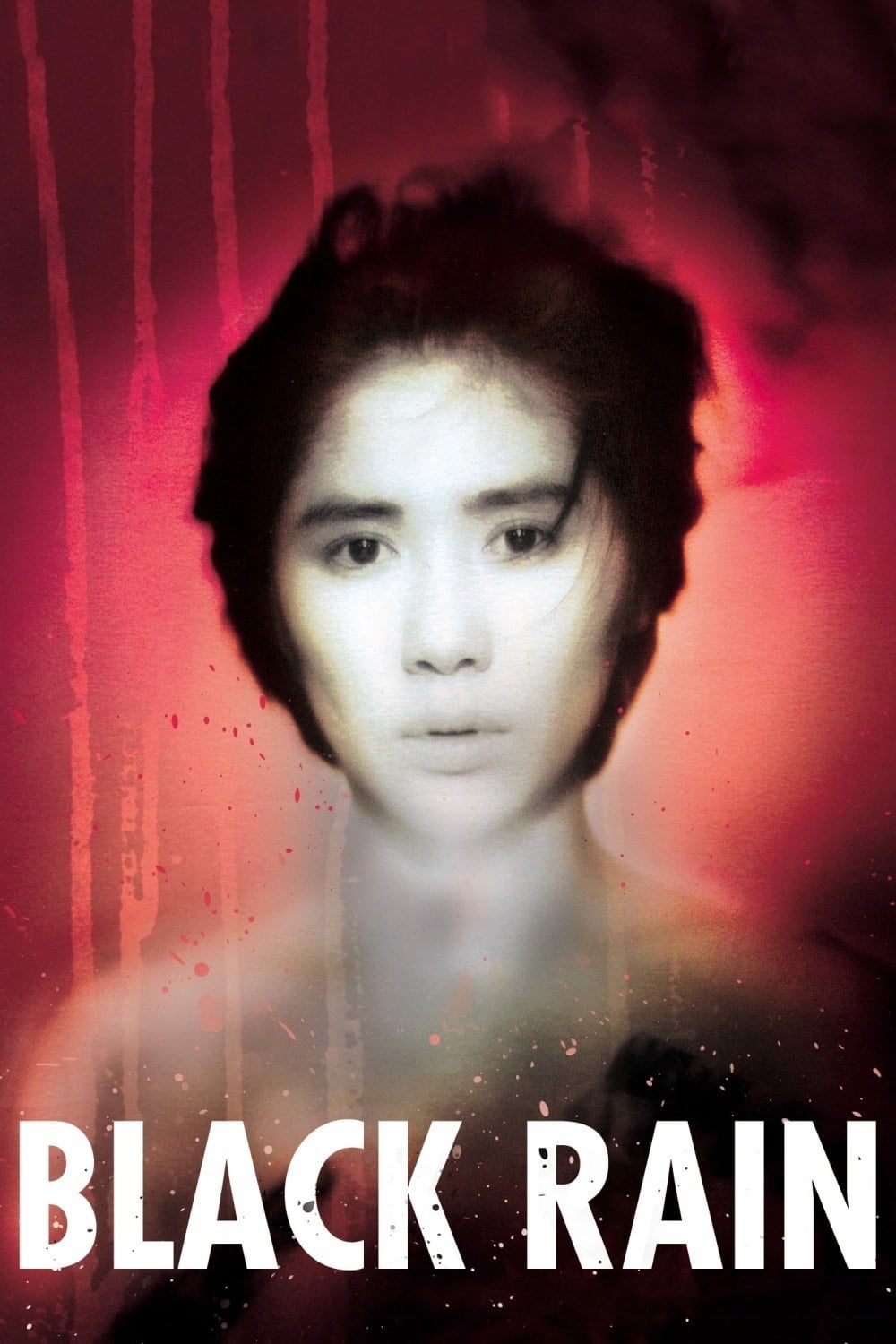

Introduce us to a dark and stormy night in your neighborhood. Take ten minutes and scribble down a description - no more than 125 words long, like the example above. And then they try to achieve something that keeps us immersed, enthralled, without ever drawing attention to themselves instead of the subject. They do archaeological digs in search of just the right words. They engage in all kinds of playful experiments. It’s easy to explain, difficult to do: Writers write paragraphs over and over and over and over again. Doctorow Out of Africa, by Isak Dinesin The Road, by Cormac McCarthy and poems by Robert Frost, Adam Zagajewski, Luci Shaw, and a few by one of my favorite poets - Anne M. We read the opening pages of Billy Bathgate, by E.L. That’s when writing ceases to be just consonants and vowels printed on a page, and becomes the chewy goodness of a meal.Īnd when we’re enjoying what we read for its form as well as its content, we are more likely to absorb its implications, its questions, its revelations, in stronger, more lasting, more personal ways. It’s the music that makes us stop and read something out loud to ourselves. It’s the music of language that makes words, lines, and whole paragraphs and poems stick in our heads.

Just listen to this reading of “Jabberwocky” by Benedict Cumberbatch. But why should we ever stop enjoying language that snaps, crackles, and pops? Seuss and Shel Silverstein and writers of whimsy and wit. Most of us associate musical prose with children’s stories - with Dr. We also talked about the sounds in Thomas’s story, about the momentum of that paragraph that builds like a clunky old car trundling down a bumpy, rainslick road.

You can tell, reading about that “pig of a night,” that the author has experienced nights just like it.Īnd that’s why Dylan Thomas composed such a smashingly specific and savory paragraph to start off one of my favorite short stories, “The Followers.” We urged them toward particularly unexpected vocabulary that might make the ordinary seem strange and somehow new. How much else might they reveal by rewriting them? How might they draw us in for a fuller, more sensual, more suggestive experience? We encouraged them to focus fiercely upon particularity - particularity of details in that specific time and place, and particularity of dialect and dialogue. Then we turned our attention to the opening paragraphs of the students’ own stories. What is a “thistly wind” and how is it different from a “whistling wind”? What do we learn by reading that they had “mackintosh collars up and bowlers and trilbies weeping…”? What is a trilby, anyway, and what does it mean that it’s weeping? I asked the students to pick out their favorite words and phrases from the first few pages of this story, and to highlight the lines that sounded most musical, the most biscuits-and-gravy delicious. Covenant College - Lookout Mountain, Georgia So we needed the expertise of a poet, and Anne brought her insights to meet that need.
#It was raining that night 2005 movie how to
It was a fiction writing course, but the class that we had imagined was about how to improve and enrich fiction writing by practicing the disciplines of poetry. We had the honor of serving as Writers in Residence at Covenant College in Georgia during Autumn Quarter. My wife Anne co-taught this course with me. The only thing I love as much as writing is teaching. In squeaking galoshes, with mackintosh collars up and bowlers and trilbies weeping, youngish men from the offices bundled home against the thistly wind-Īnd older men, clinging on to the big, black circular birds of their umbrellas, were wafted back, up the gaslit hills, to safe, hot, slippered, weatherproof hearths, and wives called Mother, and old, fold fleabag dogs, and the wireless babbling.Ī few weeks ago, I shared the opening pages of this story with fifteen young, aspiring writers in a college writing course. Thin, dingy rain spat and drizzled past the lighted street lamps. It was six o’clock on a winter’s evening. On a rainy winter evening, under the streetlights, young men in raincoats and hats hurry home through the howling wind, grumbling, while old folks cower under umbrellas on their way home to their cozy homes where their families and dogs and flat-screen TVs are waiting for them.Īs the beginning of a story, that would be acceptable, I suppose.īut one writer wasn’t content with that. Here’s how a writer’s description might begin: What is your neighborhood like on a dark and stormy night? If you were asked to describe it, what would you write?


 0 kommentar(er)
0 kommentar(er)
